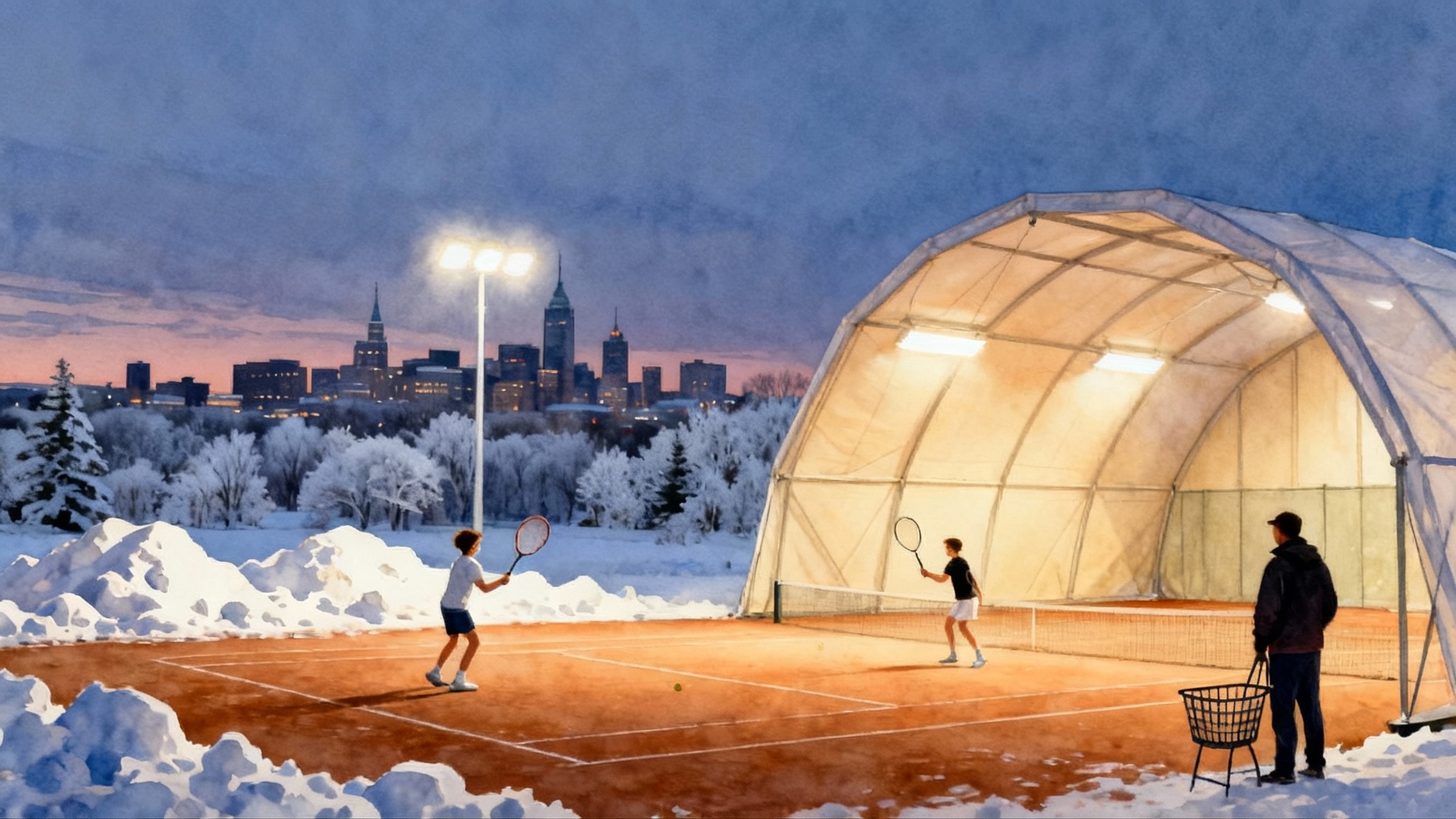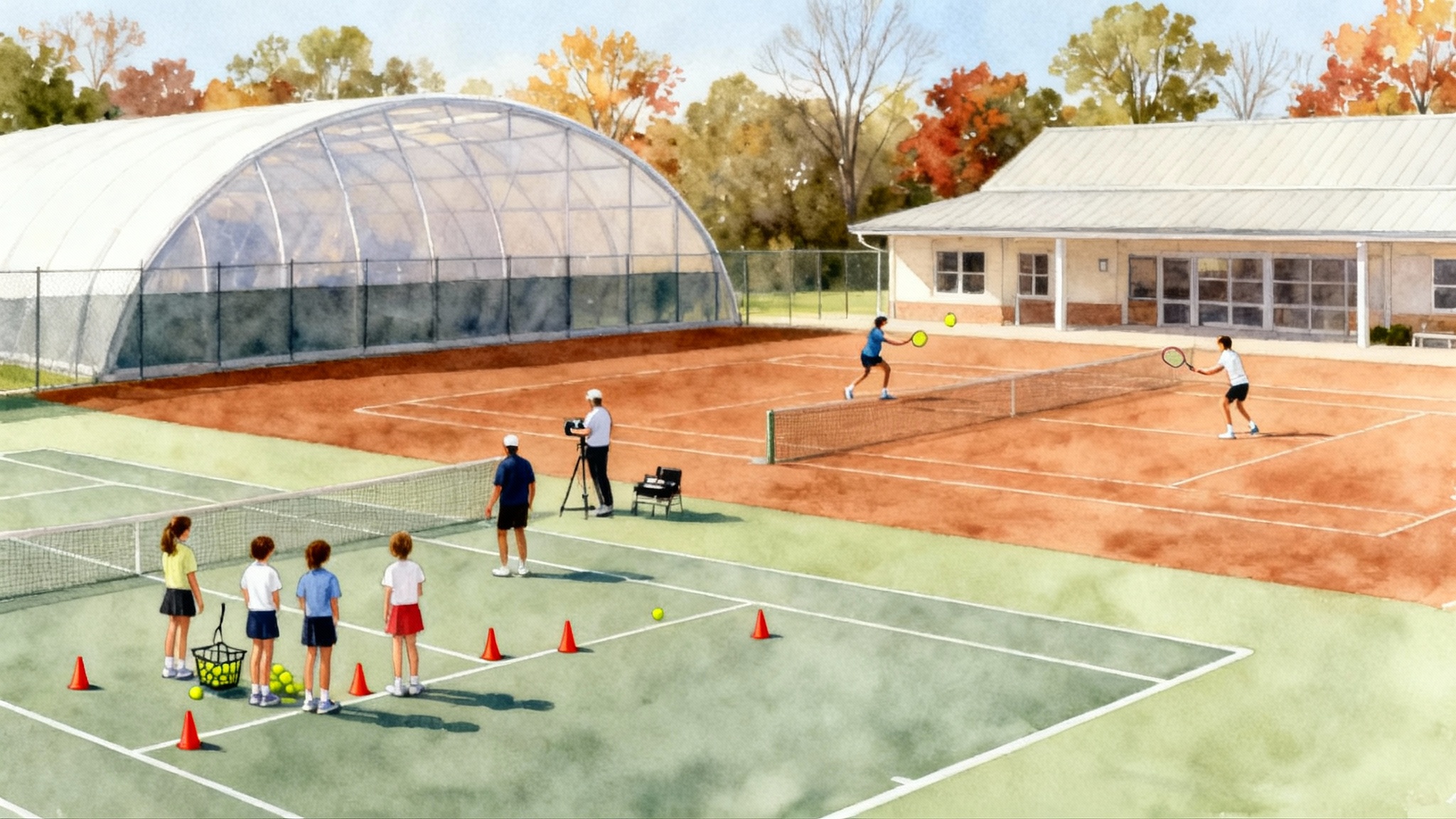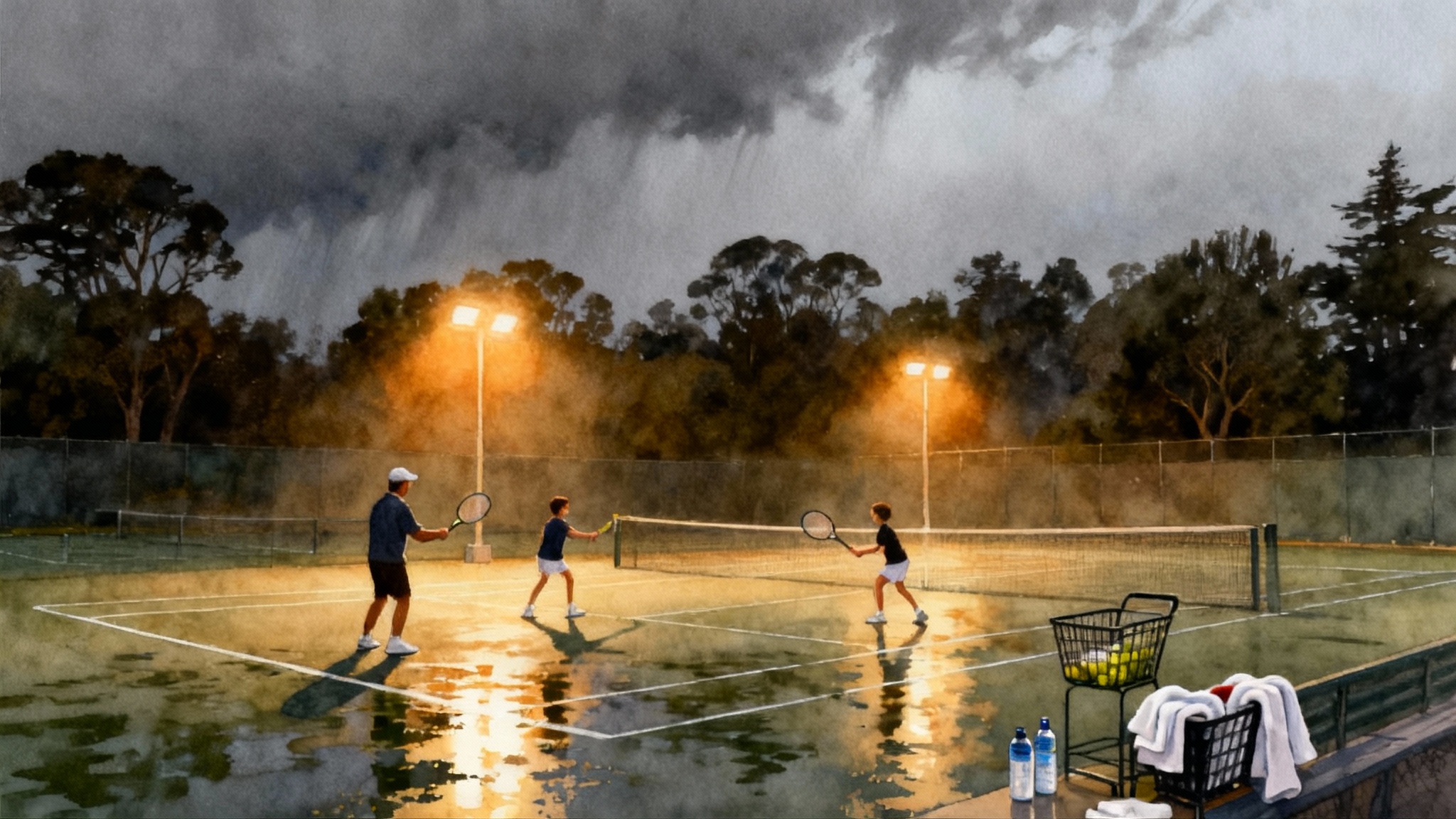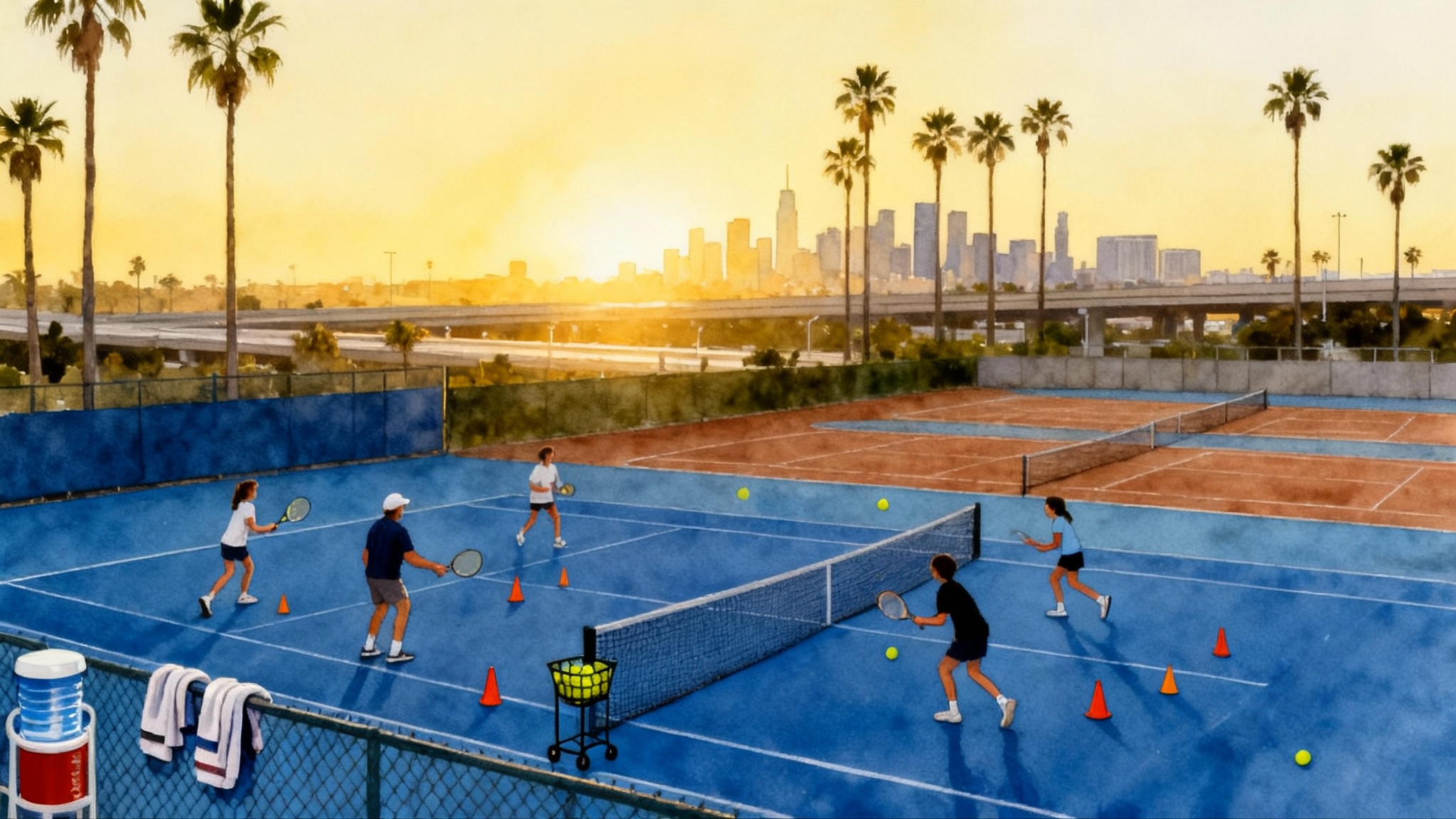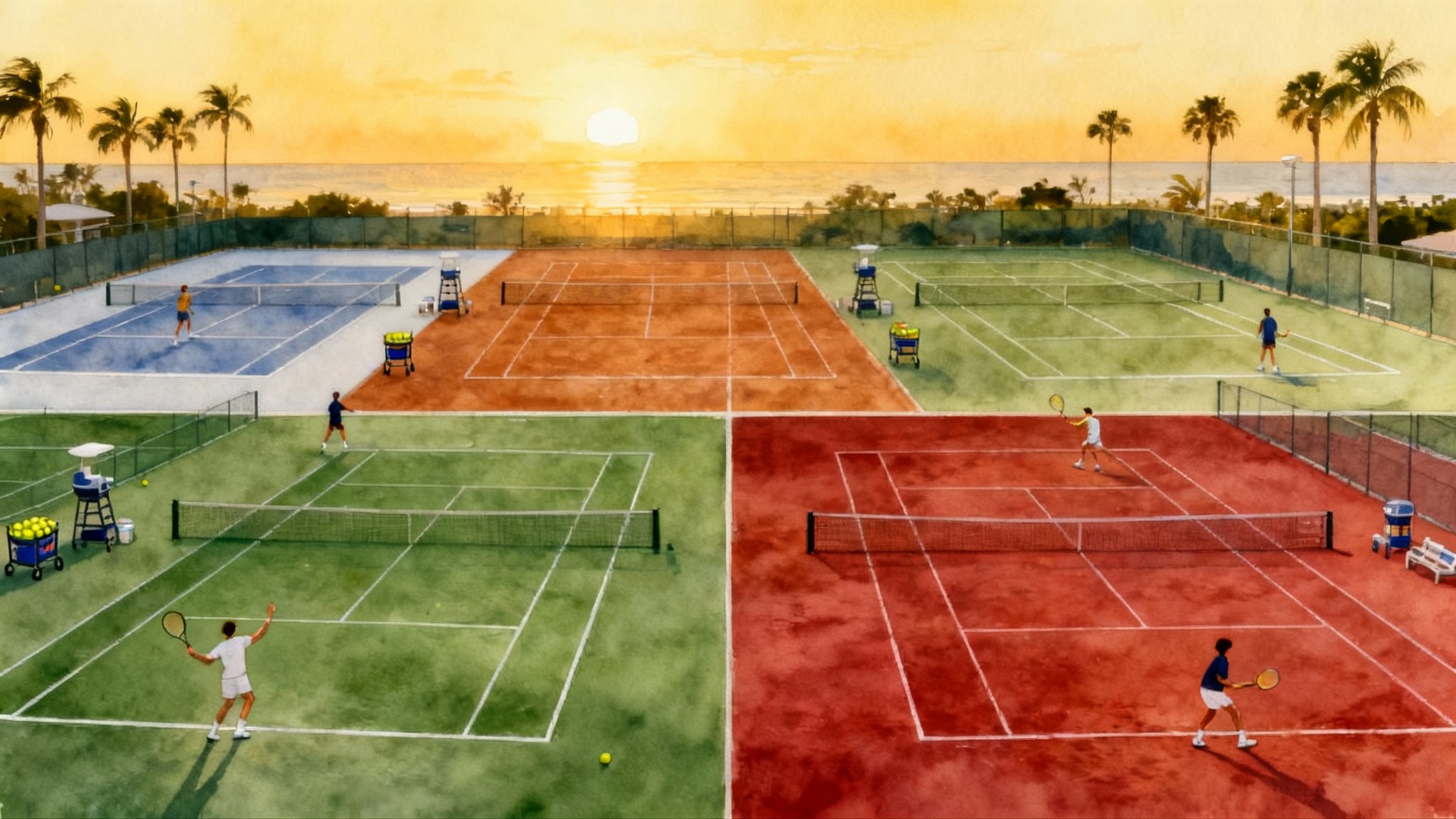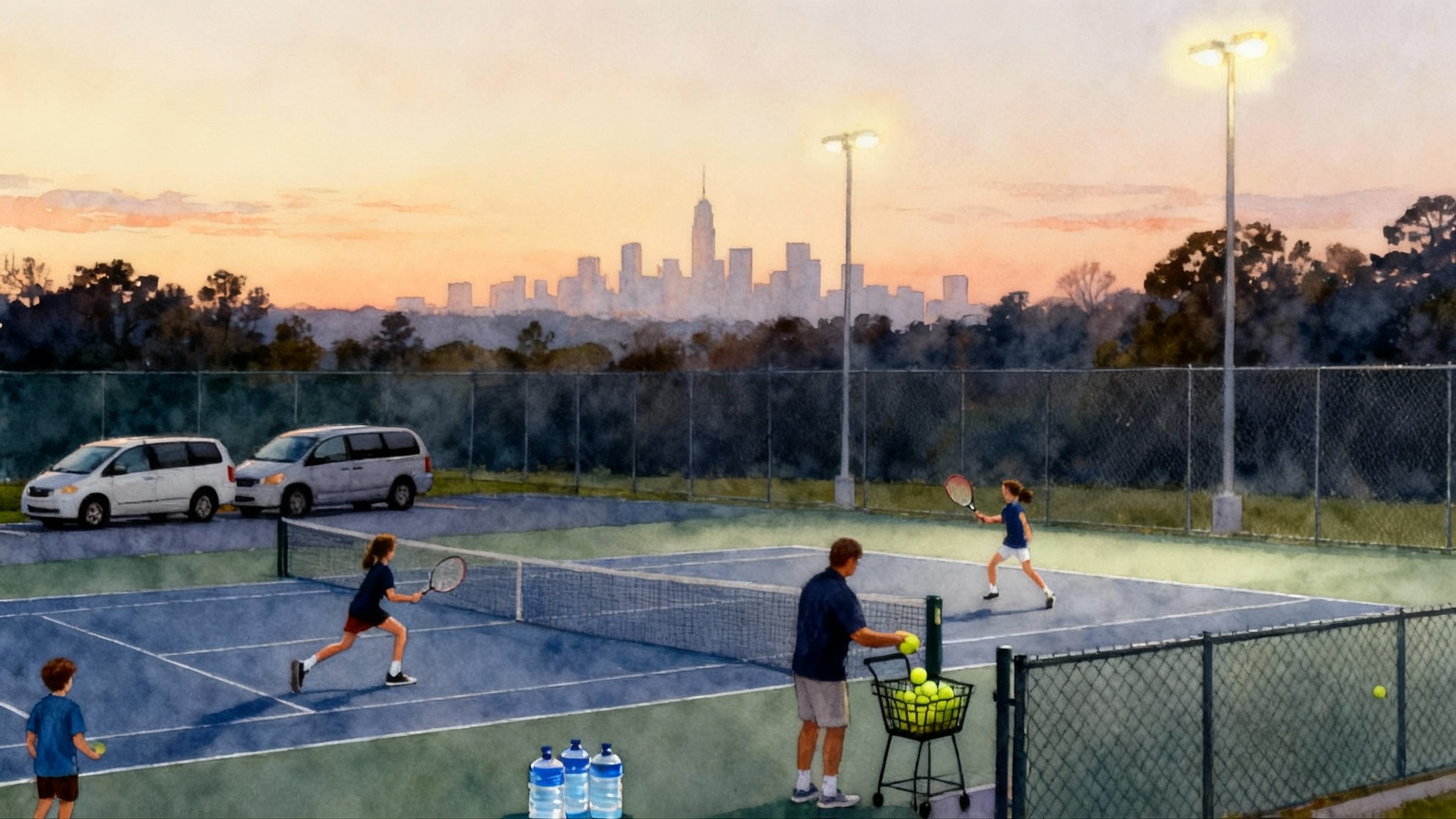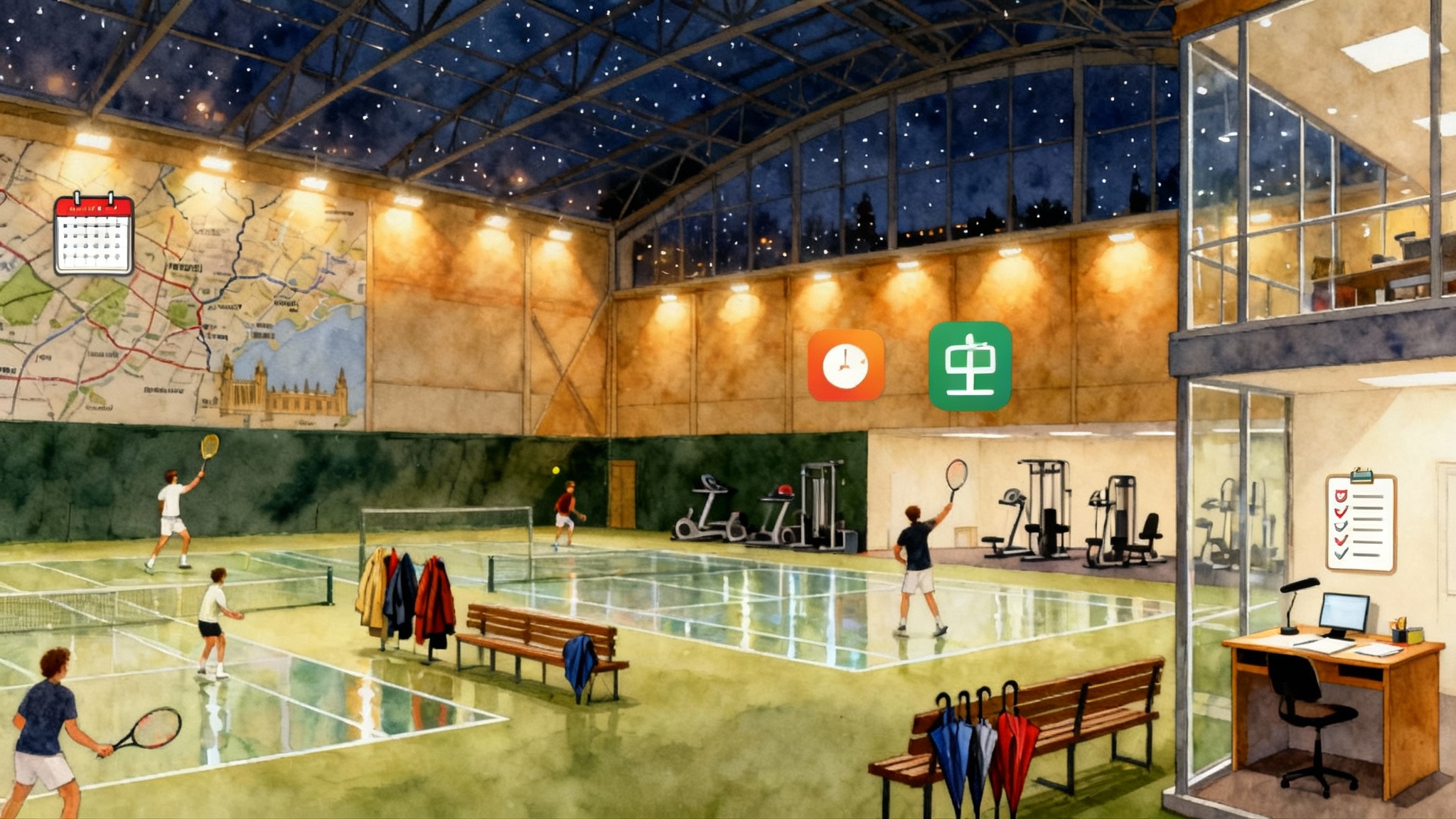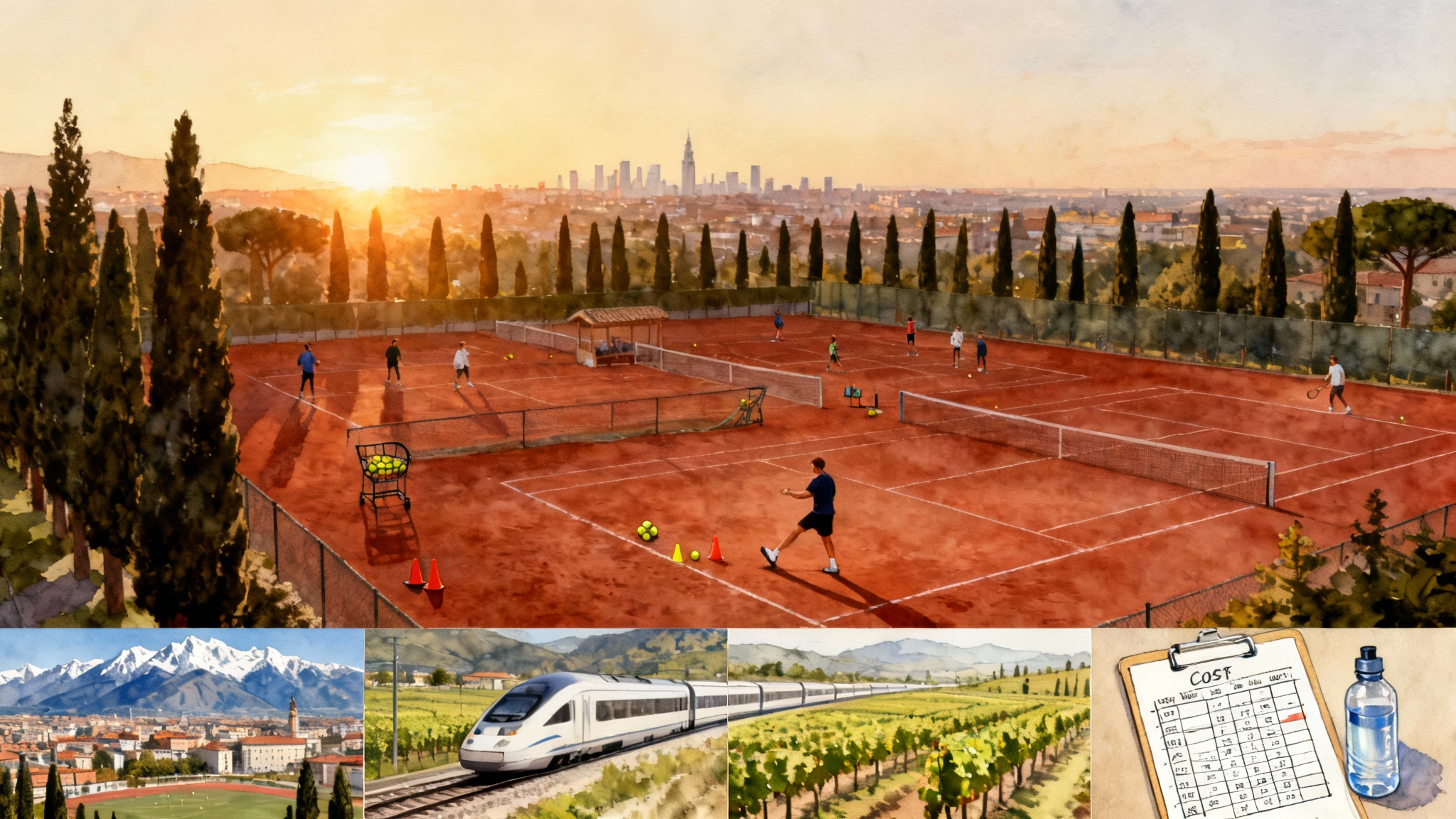Best Academies in Canada 2025–2026: Vancouver, Toronto, Montreal
Who this guide is for, and how we compared
If your player is ready for a year-round training home in Canada, this guide helps you make a confident choice. We focus on three academies families ask about most in the country’s biggest tennis hubs: Vancouver International Tennis Academy (VITA) in Vancouver, MC Academy of Tennis in Toronto, and Farhad Zangana Tennis Academy in Montreal. Our comparison concentrates on what parents care about in 2025–2026: how the weekly schedule actually runs, head-coach credentials, court surfaces and indoor capacity, realistic costs, and what the college or pro pipeline looks like from each city.
To keep this practical, we use clear checklists, sample budgets, and season plans you can adapt. When you vet any academy, ask how its coaches are certified and by whom. Canadian coaches progress through a national pathway, so you can verify levels directly via the official Tennis Canada coach certification. That single page helps you translate titles on staff bios into meaningful standards.
How Canada’s climate shapes your year
Canada is a big country, but for tennis parents planning daily reps and tournament travel, the calendar boils down to one decision: where your player will hit reliably from November through March.
- Vancouver has the mildest winter of the three cities. Rain is frequent, wind can pick up near the water, and most winter sessions run under heated bubbles or in indoor facilities. Expect consistent training with occasional weather days if a storm affects bubbles or roads.
- Toronto winters are cold, with a long indoor season and limited outdoor play until late April or May. Indoor court time is at a premium, so confirm guaranteed indoor hours in your package.
- Montreal is similar to Toronto, with a strong indoor culture from late fall to spring. Summer adds access to hard and clay, which can help players who aim to compete well on European circuits.
Build your year like a school timetable. Make indoor access the non-negotiable for November through March, then stack outdoor block weeks, tournament travel, and recovery windows from April to October.
The academies at a glance
Below are parent-centered snapshots. We avoid hype and highlight what to verify on a tour or trial.
Vancouver International Tennis Academy (VITA), Vancouver
See the Vancouver International Tennis Academy profile.
- Programs and structure: Families report a clear split between high-performance tracks for tournament juniors and developmental after-school clinics. Ask for the weekly training plan in writing, including strength blocks, match play, and prehab time. Confirm how coaches adjust volume before and after tournament weekends.
- Coaching credentials: Many British Columbia programs blend national certifications with international experience. Ask which coaches lead the high-performance court, which credentials they hold under the Tennis Canada system, and who manages periodization. Request two recent case studies of juniors with similar age, ranking, and goals to your player.
- Surfaces and facilities: Expect a heavy emphasis on indoor hard courts from November to March, plus outdoor hard courts in the drier months. Clarify how many guaranteed indoor hours your package includes during peak winter weeks and whether there is access to video analysis, ball machine, or a gym partner.
- Climate plan: Vancouver’s rain pattern favors reliable indoor training, but travel can be affected by Pacific storms. Ask about the academy’s contingency plan for bubble closures, and whether make-up sessions are guaranteed.
- Costs to expect: In Vancouver metro, private lessons for senior staff often land in the high two-digit to low three-digit range per hour in Canadian dollars depending on the coach. High-performance group blocks typically price in monthly bundles; budget for a four-figure monthly spend during the full indoor season, plus tournament travel. Clarify whether fitness is included or billed separately.
- College and pro pathway: For families targeting NCAA or U Sports, ask to see the last two years of placements, plus a sample skills video the staff would send for your player. Confirm who handles college planning and how early they begin transcript reviews and coach outreach.
MC Academy of Tennis, Toronto
See the MC Academy of Tennis profile.
- Programs and structure: Toronto’s density creates more options, but also more competition for indoor courts. Look for a program with capped court ratios, a published tournament calendar, and scheduled match play with umpired sets. Ask how missed schoolwork is handled during weekday training.
- Coaching credentials: Toronto is home to many senior coaches who hold high-level national certifications and international experience. Verify which coaches are full time on court with the academy, not just visiting, and confirm who runs periodization for growth spurts and injury history.
- Surfaces and facilities: November through April is a true indoor grind on hard courts. Many academies add summer partnerships on clay. If your player needs reps on slower courts for Europe or South America, ask how they structure clay weeks and whether the ball count changes for longer rallies.
- Climate plan: Assume five solid indoor months. Build academic loads heavier in winter and schedule outdoor recovery blocks in late spring. Ask for the academy’s plan for heat waves during summer tournaments in Southern Ontario, including hydration, shade routines, and match scheduling.
- Costs to expect: Private lessons in Toronto with senior staff often sit in a similar range to Vancouver. Group high-performance packages are commonly bundled by season. Request a written estimate that includes indoor court fees, strength and conditioning, and tournament coaching day rates.
- College and pro pathway: Toronto teams often run robust college placement processes. Ask for a list of placements over the last two graduating classes and the timing of NCAA Eligibility Center registration. Confirm whether the academy builds your University Coach Outreach Sheet and how they manage video updates.
Farhad Zangana Tennis Academy, Montreal
See the Farhad Zangana Tennis Academy profile.
- Programs and structure: Montreal has a proud technical culture, and many programs emphasize footwork, contact spacing, and repeatable patterns. Ask for the technical model the academy teaches on forehand, serve, and return, and how they individualize it over time.
- Coaching credentials: As with other cities, verify national certifications and who leads the performance court. Ask for one month of player notes after your trial so you can see how feedback is documented.
- Surfaces and facilities: Winters are fully indoor. Summers open access to both hard and clay in and around the city. If your junior competes on clay, confirm how often they drill patterns for height and shape rather than just pace.
- Climate plan: Montreal’s winter is long, so lock in guaranteed indoor hours early. Summer is ideal for three to four week outdoor blocks with tournament clusters and recovery weeks. Ask about a July or August volume ramp and a de-load window before school resumes.
- Costs to expect: Pricing will look similar to Toronto once all line items are included. Confirm whether bilingual coaching is available if that will help your player learn faster, and whether fitness and mental skills are part of baseline tuition or add-ons.
- College and pro pathway: Ask how the academy coordinates with local tournament organizers for match play blocks, and request examples of Montreal graduates who placed into NCAA and U Sports in the last two cycles.
